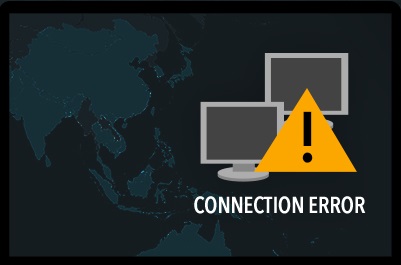The Parliament, by inviting the Minister of Communications, delved into the topic of low-quality internet and issued a report that serves as an endorsement of citizens’ complaints about the country’s internet status. According to this report, the internet quality is undesirable, and the unregulated implementation of filtering has led to a 64% increase in the use of circumvention tools (such as VPNs) in Iran. Despite representatives’ criticism of this situation, the Minister defended the quality of the internet.
As reported by IDEA, for the first time after the continuous disruptions and severe limitations of the internet since late summer of last year, the Parliament finally summoned the Minister of Communications and Information Technology on the previous day (August 22st). The request of the representatives from Eisa Zarepour was for his presence in the Parliament due to the presentation of the report by the Industries and Mines Commission regarding the assessment of low-quality internet, related indicators, and the challenges that have emerged for citizens and online businesses in this regard.
According to this report, Iran’s position in some international indicators of internet quality has dropped by two ranks. Furthermore, this report emphasizes that due to the unregulated filtering of many foreign services in the country, the use of circumvention tools has seen significant growth, which has become one of the reasons for the sharp decline in the quality of internet services for users. This report, based on a survey, has announced that 64% of Iranian users use circumvention tools.
On the other hand, this report has also stated that the share of unidentified bandwidth (traffic that the filtering system cannot recognize its protocol) in the international network has increased from 5% to 25%. This statistic indicates users’ restricted access to websites, bandwidth reduction, or increased traffic due to the use of circumvention tools, as well as the multiplicity of decision-making references in the field of cyber filtering and content management. These factors represent additional critical aspects of the Parliament’s report on the country’s internet situation.
However, in response to the reading of this report by the representatives in the open session of the Parliament, the Minister of Communications defended the development and quality of the country’s internet network wholeheartedly, just as he had done for the past two years. Eisa Zarepour stated that the sources of internet input to the country have diversified and that the internet’s capacity has been provided at more than double the country’s needs; a factor he believes has contributed to the stability of the network. Additionally, he presented charts in the Parliament to support his claim that the number of disconnections and saturated links has significantly decreased in the past two years. On the other hand, according to his statements, quality indicators such as latency, speed, and others have improved during this period, contrary to the claims made by the representatives. While defending the quality of the country’s internet in the Parliament, the Minister contradicted himself in subsequent statements by saying that the people deserve better than what they currently have and that he acknowledges shortcomings in this area.
In yesterday’s open session of the Parliament on this topic, Rouhollah Abbaspour, the spokesperson for the Industries and Mines Commission, began by reading the report titled “Assessment of Internet Quality and Related Indicators with the Approach of Challenges for Citizens and Online Businesses.” Abbaspour, referring to the targeting of the Sixth Development Plan of the country, mentioned that the share of the Gross Domestic Product (GDP) from the digital economy, which is expected to increase from 8% in 1401(2022) to 15% in 1406 (2027), is one of the pillars of sustainable development. He stated: “One of the evident deficiencies that can be mentioned is the quality of citizens’ access to the internet in some of its indicators, which is considered the main platform for the development of e-government and, of course, the digital economy. This has sometimes led to public dissatisfaction and economic losses in the field of businesses.”
He continued: “One of the most effective parameters in creating technical problems in facilitating users’ access to the internet is the increase in network traffic through methods and software referred to as circumvention tools, often presented as ransomware, which create security vulnerabilities in the network and collect subscribers’ information.”
Abbaspour announced that some reports indicate an increase in the number of users of circumvention tools in recent months; however, there has been no accurate report so far to clarify the existing statistics, substantial figures on the costs of circumvention tools, their impact on household expenses, and ultimately the provision of effective strategies to reduce the use of circumvention tools by subscribers, all of which have not been presented by the Ministry of Communications and Information Technology.




No Comment! Be the first one.